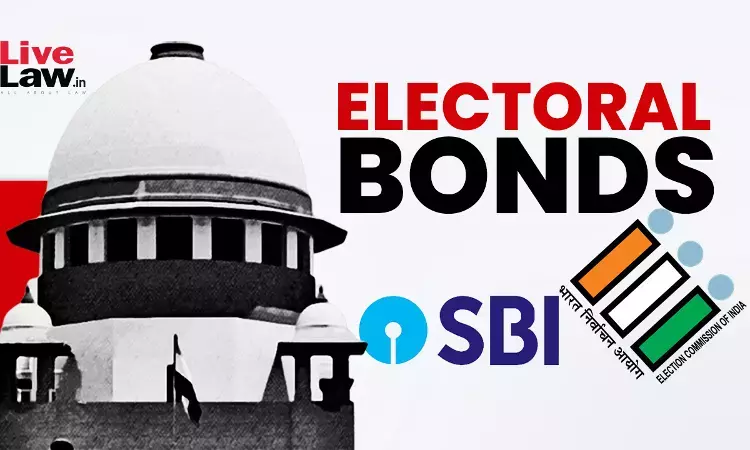Contempt Petition Filed In Supreme Court Over SBI's Non-Disclosure Of Electoral Bonds Details
Awstika Das
7 March 2024 10:57 AM IST

Next Story
7 March 2024 10:57 AM IST
Advocate Prashant Bhushan on Thursday (March 7) sought an urgent hearing for a contempt petition filed by the Association for Democratic Reforms (ADR) and Common Cause against the State Bank of India (SBI) for alleged non-compliance with the Supreme Court's order to disclose details of electoral bonds.This move by the two non-governmental organisations comes amidst the ongoing battle...
